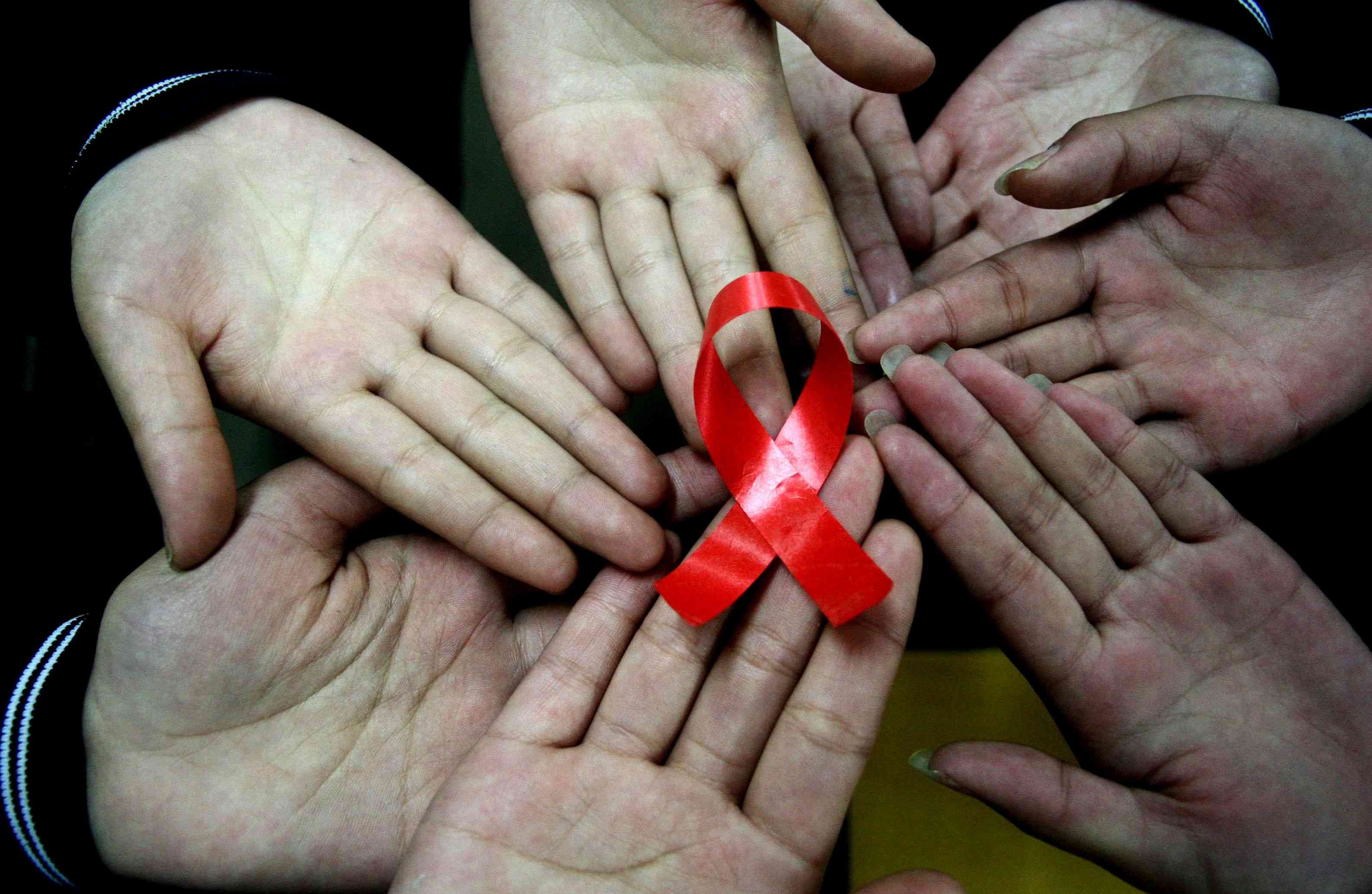
ON December 1, 2023, Zimbabwe joined the rest of the world to commemorate World Aids Day, a day set aside to remember the millions of people around the world who died of Aids-related illnesses and to honour those living with HIV.
From a handful of cases that first appeared in a few homosexual males in 1981, Acquired Immuno-Deficiency Syndrome (Aids) has literally exploded into a worldwide epidemic of frightening proportions. The deadly scourge has swept across every part of the inhabited planet with the ruthless force of a tsunami, claiming the lives of millions of men, women and children.
When the terrible spectre of HIV/Aids first emerged in the early 1980s, living with the virus-caused disease was a death sentence that carried tremendous social stigma.
Experts say the stigmatisation and discrimination of people living with the virus helped to fuel its spread and stoke a lethal intolerance that saw infected people being ostracised and even brutalised by society.
In 1999, for instance, Gugu Dlamini, a volunteer for an Aids organisation in South Africa, announced that she was HIV positive at a rally in Johannesburg, hoping to dispel some of the prejudices and stigma against people living with HIV. She was beaten to death by her own neighbours, who accused her of bringing shame on the community by publicly announcing that she was living with HIV.
The mob violence against this woman was not only a horrendous act of prejudice and intolerance, but was also an ominous reminder of the most vulnerable citizens in our developing countries — women and children.
According to some reports, more than 20 000 people in Zimbabwe succumbed to Aids-related illnesses last year alone, with over 50% of them being women.
Speaking during the World Aids Day commemorations hosted at Chinotimba Stadium in Victoria Falls, United Nations resident and humanitarian co-ordinator Edward Kallon said women made up 61% of the more than 1,2 million people in Zimbabwe living with HIV.
- Miss Royalty Zimbabwe seeks collaborations
- Miss Royalty Zimbabwe seeks collaborations
- Developer Kingsley earning his stripes
- Developer Kingsley earning his stripes
Keep Reading
Speaking at the same event, the First Lady Auxillia Mnangagwa, who was the guest of honour, said 10 000 of the 17 000 Zimbabweans infected by the deadly virus in 2022, were women. Asked to comment on this sad development, some women at the event said husbands were usually responsible for bringing HIV into families.
If, indeed, truth be told without prejudice, women's social and economic dependence on their husbands makes it very difficult for them to refuse their husbands' sexual demands, even when they suspect them of having contracted HIV from other sexual partners.
Zimbabwe is generally a patriarchal society, where men wield more power than women. Due to their subordinate status, women have little control over decisions affecting their own bodies. They are unable to demand that their husbands take appropriate measures to prevent the spread of HIV.
Insisting on condom use is not possible because, traditionally, women are not expected to do so. However, refusing to engage in sex without a condom can lead to violence, withdrawal of economic support or even accusations of infidelity by the husband.
If adult women are hamstrung by their low social status and self-esteem, how can their adolescent daughters resist the sexual advances of older men, despite the potential exposure to HIV?
Adolescent girls in sub-Saharan Africa are reportedly six times more likely to be infected with HIV than boys of the same age.
More disturbing is the emerging trend of young girls, who are being sexually abused by men who are HIV positive. There’s a common and appalling myth in some African nations, including Zimbabwe, that sex with a minor, a virgin or someone with albinism cures HIV and Aids. Sad to say, this has increased the toll on young girls.
Tragically, it is mostly children who shoulder the greatest burden of the Aids epidemic. According to some reports, over 10 million children around the world have had to grow without parents. When a child loses one or both parents to Aids, he/she faces a childhood of pain and suffering.
The suffering begins with the pain and horror of watching their parent being sapped to the bone by the disease. After the parent has passed away, children suffer prejudice and neglect at the hands of their guardians and the community at large.
Every tenet of the Convention on the Rights of the Child is violated, from their right to education, health and development to protection from exploitation and harm.
Studies show that orphaned children are society’s most vulnerable members.
Socially isolated because of the stigma associated with Aids, they are more likely to be malnourished, denied education and exposed to various forms of abuse and exploitation.
Oftentimes, their community ostrasises them, presuming that they too have the deadly virus which caused the death of their parents.
Many of these children often end up eking out a miserable living on the streets.
Communities need to work hand in glove with political leaders, churches, traditional leaders, cultural leaders et al to stem the spread of HIV and also ensure that orphaned children are taken of.
This year’s World Aids Day theme Let Communities Lead is a clarion call to communities to spearhead the fight against Aids by coming up with tangible programmes and policies which, among other things, ensure that children orphaned by the pandemic are protected from exploitation and abuse.
Communities should also ensure that orphaned children living on the streets are rehabilitated and have access to education, health facilities and other essential social services.










